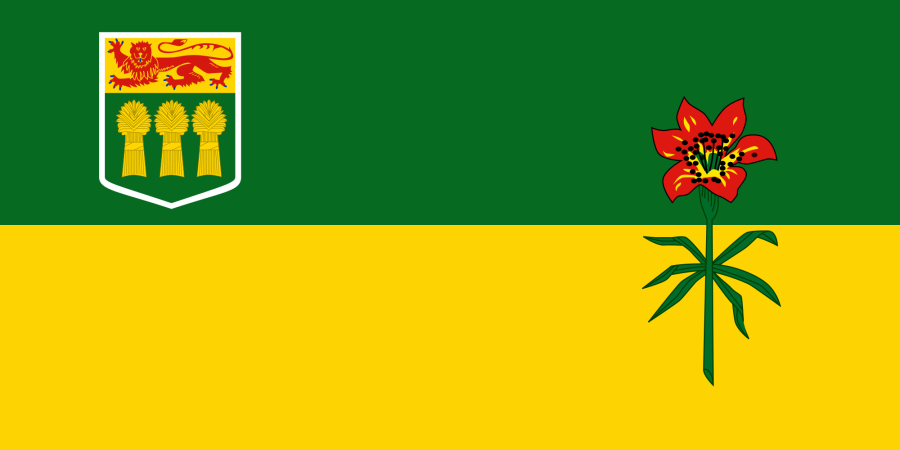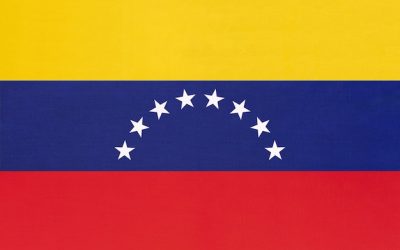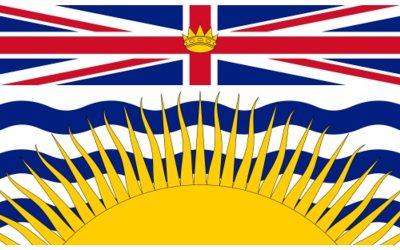This document reports on findings from the Government of Canada’s public consultations on Canada’s democratic institutions and practices. The consultations involved in-depth discussions across the country with groups of citizens (a total of 466) that were roughly representative of the larger population. Consultations also included a Canada-wide telephone survey on the role of the citizen in the democratic process, the House of Commons, the Senate, political parties, and the electoral system among 2471 general public respondents, forum participants after the completion of their gatherings, and a targeted over-sample of First Nations, Métis, and Inuit respondents.
The project was commissioned by the Privy Council Office through a tendering process to fulfill a commitment in the April 4, 2006 Speech from the Throne. The assignment was carried out against a backdrop of moderate discontent with our democratic institutions and practices and moderate concern about the public’s disengagement from the democratic process.
Appendix I (PDF)
Appendix II (PDF)


